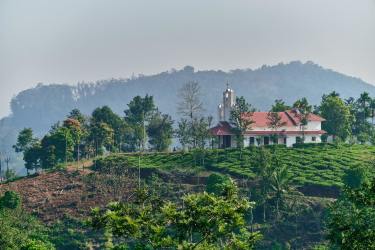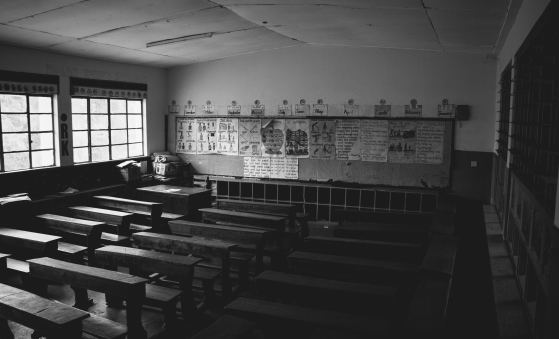
Over 600 Christian families in Kerala are caught in a legal battle with the Waqf Board over land ownership, as the country's parliament considers amendments to the law governing Muslim religious endowments.
The dispute centres on properties in the villages of Cherai and Munambam in Ernakulam district, where residents say land they've owned for generations is being unlawfully claimed by the Waqf Board, a body that manages Muslim charitable endowments.
"Numerous properties that have belonged to Christian families for generations have been unlawfully claimed by the Waqf Board, leading to protracted legal battles and the displacement of rightful owners," Archbishop Andrews Thazhath of Thrissur wrote in a letter to India's parliament.
The controversy comes as India's Lok Sabha, the lower house of parliament, debates changes to the Waqf Act of 1995. The proposed amendments would allow non-Muslim members on Waqf Boards and remove the requirement for a Muslim chief executive officer.
Muslim groups argue the new law would enable occupation of Waqf lands, while non-Muslims claim the current act grants religious rights that conflict with India's secular constitution.
The dispute in Kerala traces back to a 1902 land lease by the King of Travancore to a Gujarati farmer. The land was later gifted to a college in 1950, with the word "Waqf" allegedly included in the document.
Fr Michael Pulickal, secretary of the Kerala Catholic Bishops' Council's Commission for Social Harmony and Vigilance, argues that the Waqf Board's 2019 claim on the land is invalid under the 2013 amendments to the Waqf Act, which require such claims to be made within three years.
"These residents are now facing severe hardship as they are being forced to vacate the land they legally purchased," Fr Pulickal said. "This situation has led to serious human rights violations, infringing on their constitutional rights to live and own property."
The Kerala Catholic Bishops Council and the Syro-Malabar Church have appealed to the parliamentary committee reviewing the proposed amendments, urging action to resolve the dispute and prevent similar claims in the future.
Asaduddin Owaisi, head of the All India Majlis Ittehad ul Muslimeen, a political party focused on Muslim rights, criticised the proposed changes. "The Narendra Modi government is not bringing this bill to protect, develop or bring efficiency to the Waqf properties. This bill was presented to finish the Waqf board," he told the media.
However, some Christian leaders support amending the law. Father Kuriakose Mundadan, secretary of the Presbyteral Council of the Ernakulam-Angamaly Archdiocese, said, "This act must be amended in a just way. Such a law does not exist even in an Islamic country of our time."
As parliament continues to debate the amendments, affected residents in Munambam planned a protest last week, demonstrating the local impact of this national issue.




